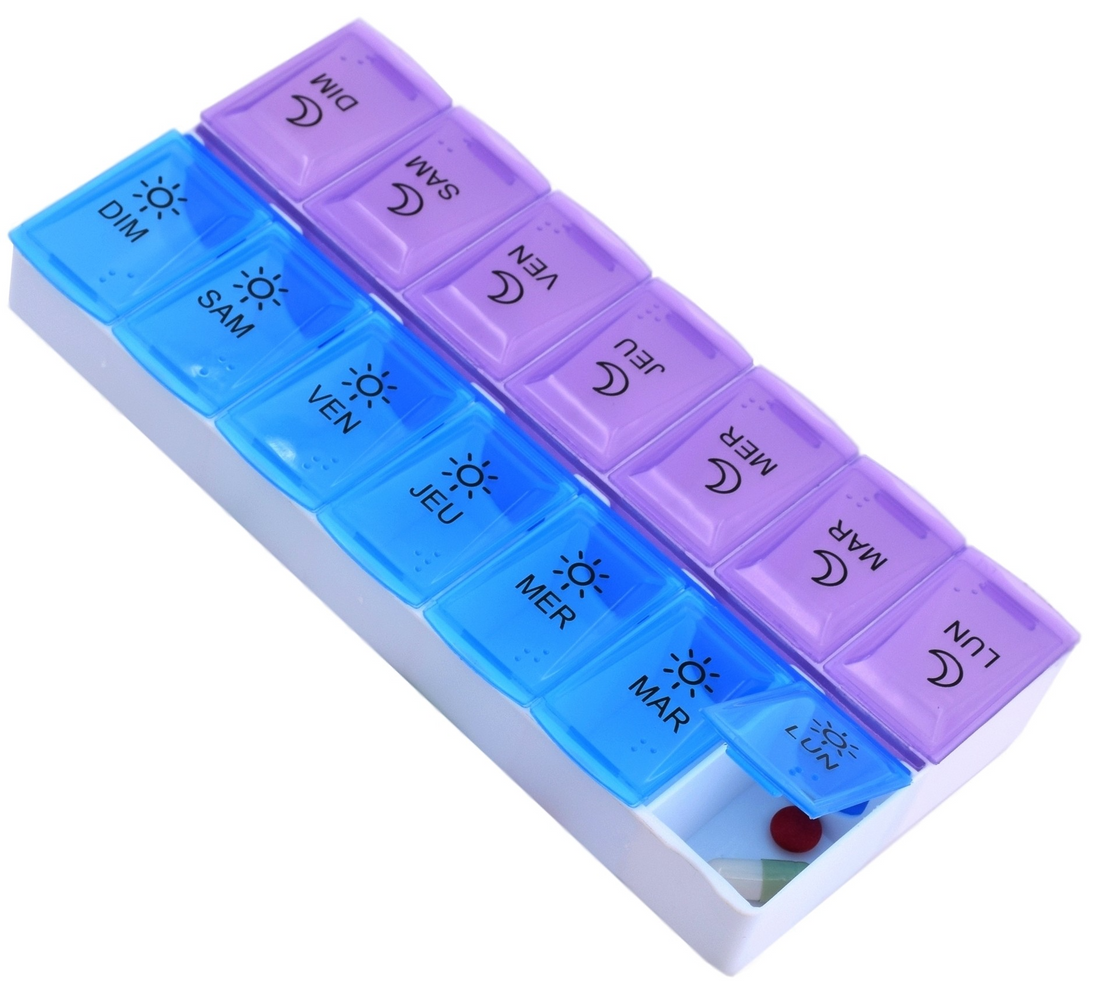
How does the pharmacist improve patient compliance?
Share
Both the nurse and the pharmacist play essential roles in improving patient compliance with their medication treatment. Here are some ways everyone can contribute:
Role of the nurse:
- Education and counseling: Nurses can provide detailed information about medications prescribed to patients, including dosages, potential side effects, and the importance of following treatment as directed by the doctor.
- Developing Individualized Care Plans: Nurses often work closely with patients to develop care plans tailored to their specific needs, which may include strategies to improve treatment compliance.
- Regular follow-up: Nurses can conduct regular follow-up visits to assess the patient's response to treatment, identify any compliance issues, and provide ongoing support to overcome barriers.
- Side effect management: If unwanted side effects occur, nurses can help patients understand how to manage these symptoms and, if necessary, communicate with the doctor to adjust treatment.
- Integration of care: Nurses often work as part of multidisciplinary health care teams, allowing them to effectively coordinate care and ensure patients receive comprehensive support for their treatment.
.jpg)
Role of the pharmacist:
- Medication Advice: Pharmacists provide information about prescribed medications, including dosages, drug interactions and potential side effects, which helps patients understand the importance of their treatment.
- Adherence Assessment: Pharmacists can assess patient compliance by discussing their medication habits, identifying potential barriers, and proposing tailored solutions.
- Medication Reviews: Pharmacists often perform comprehensive reviews of patients' medications, allowing them to detect compliance issues, dosing errors, and potential drug interactions.
- Specialty packaging: Pharmacists may offer special packaging, such as pre-filled pill bottles or unit dose packaging, to make it easier to take medications at prescribed times.
- Ongoing monitoring and support: Pharmacists provide ongoing support to patients by answering their questions, providing reminders for medication refills, and offering advice to overcome barriers to adherence.
By working together, nurses and pharmacists can play a crucial role in improving patient compliance, which contributes to more effective treatment outcomes and better overall health.
